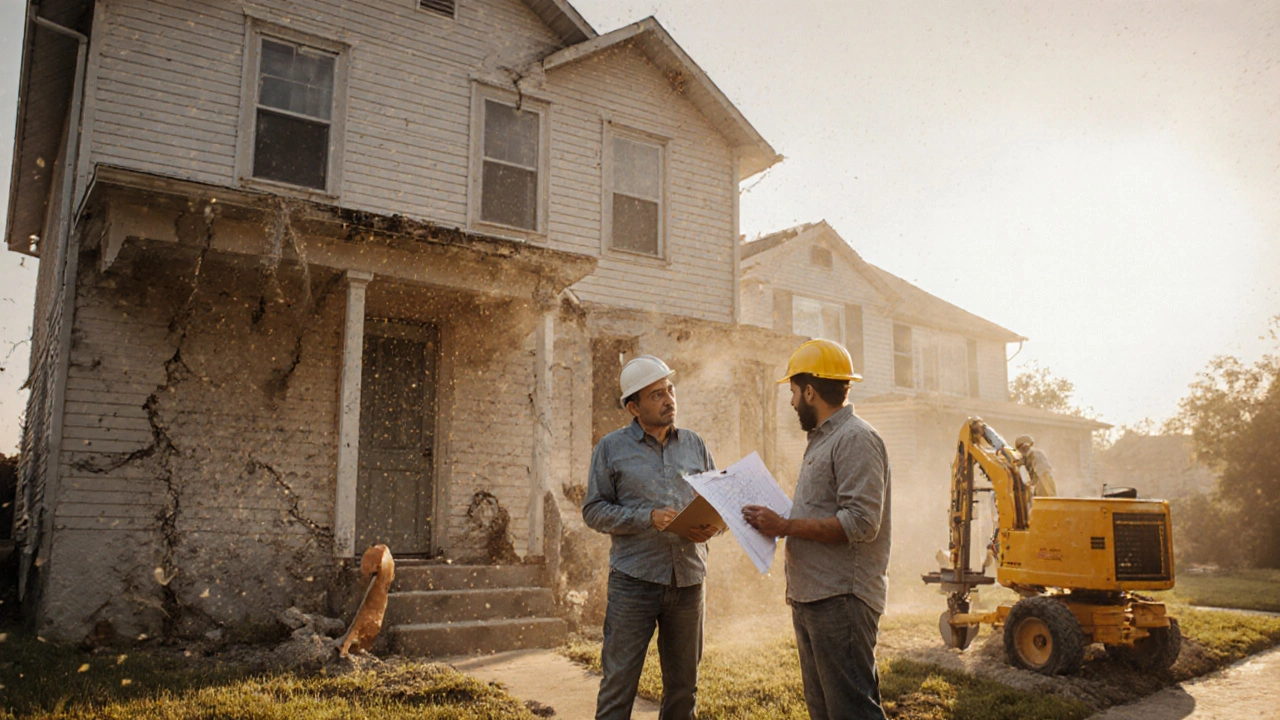Construction Topics in October 2025: Foundation Repair, Commercial Builds, and High-Paying Jobs
When you're dealing with construction, the process of building or assembling structures, from homes to factories, using materials like steel, concrete, and timber. Also known as building, it's not just about laying bricks—it's about understanding codes, materials, and what happens when things go wrong. In October 2025, the focus on foundation repair, methods used to stabilize or fix a home's base when it settles, cracks, or shifts was everywhere. Homeowners were asking: Is that crack normal? Should I wait until spring? Can I fix it myself? The posts dug into real cases—helical piers costing thousands, underpinning risks, and how a poorly timed repair can slash your home’s value. This isn’t theory. It’s what happens when water seeps in, soil shifts, or a builder cut corners.
Then there’s commercial construction, building structures meant for business use—offices, stores, warehouses—subject to stricter rules than homes. People kept mixing it up with residential work, but the differences are huge. Commercial projects need different permits, financing, fire separations, and materials. One post broke down how you can legally have steel below and wood above in a mixed-use building, but only if you follow fire codes to the letter. Another compared it to industrial construction, where the focus isn’t on aesthetics but on heavy machinery, ventilation, and load capacity. And if you’re wondering what counts as commercial in the UK or India? That’s covered too. It’s not just about size—it’s about use, liability, and who signs off on it.
And then there’s the money. One of the top posts asked: What labor job pays the most in construction in 2025? Turns out, you don’t need a college degree to make over $70,000. Crane operators, industrial electricians, pipefitters, and blasters are pulling those numbers—not because they’re lucky, but because their skills are rare, dangerous, and critical. These aren’t side gigs. They’re careers that require training, certifications, and a steady hand. The posts didn’t just list salaries—they explained why those jobs pay that much, what certifications you need, and where the demand is highest.
Whether you’re a homeowner worried about cracks in your basement, a contractor navigating building codes, or someone looking to enter a high-paying trade, October 2025 gave you the straight talk you need. No fluff. No hype. Just facts on what works, what doesn’t, and what’s worth your time and money. Below, you’ll find the full collection of posts that broke it all down—step by step, cost by cost, crack by crack.
















